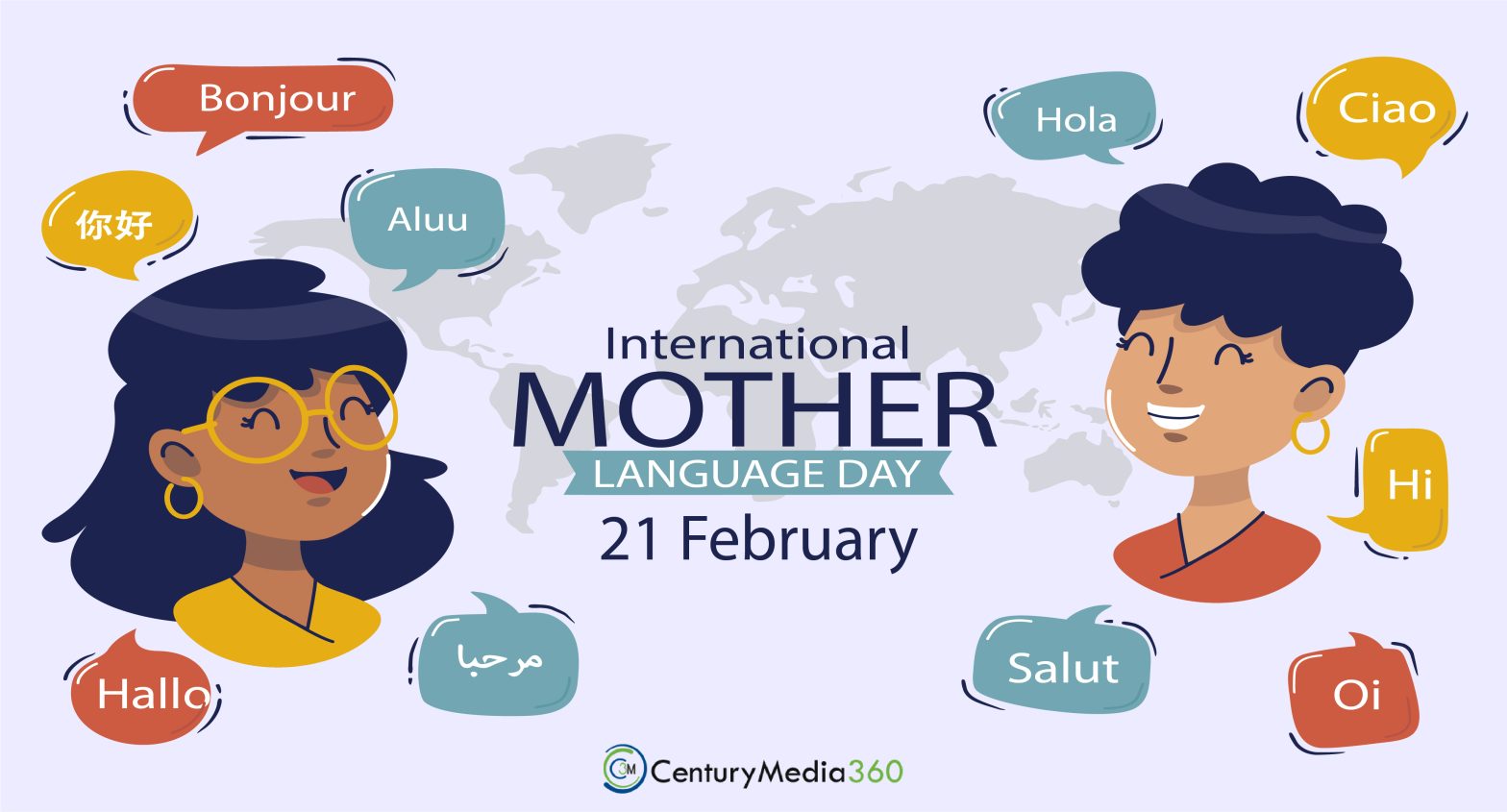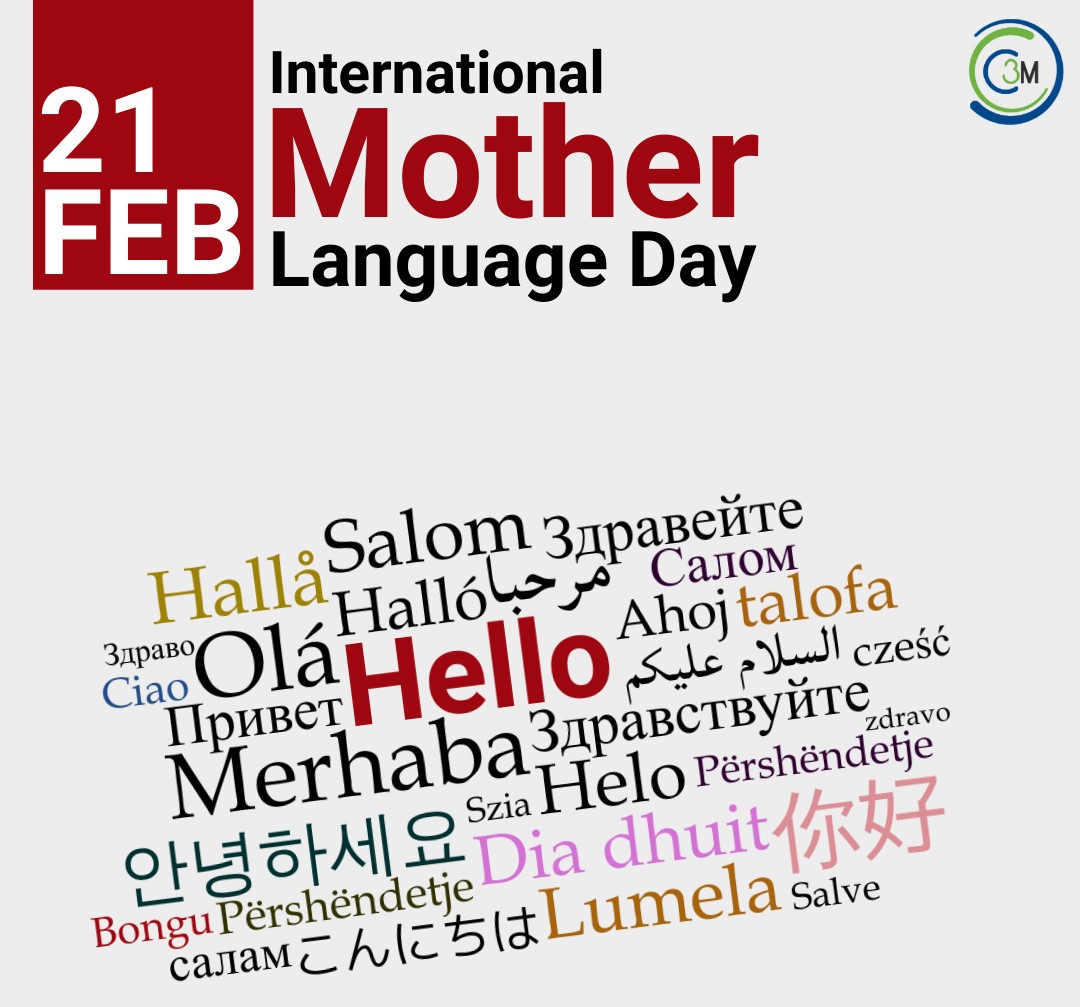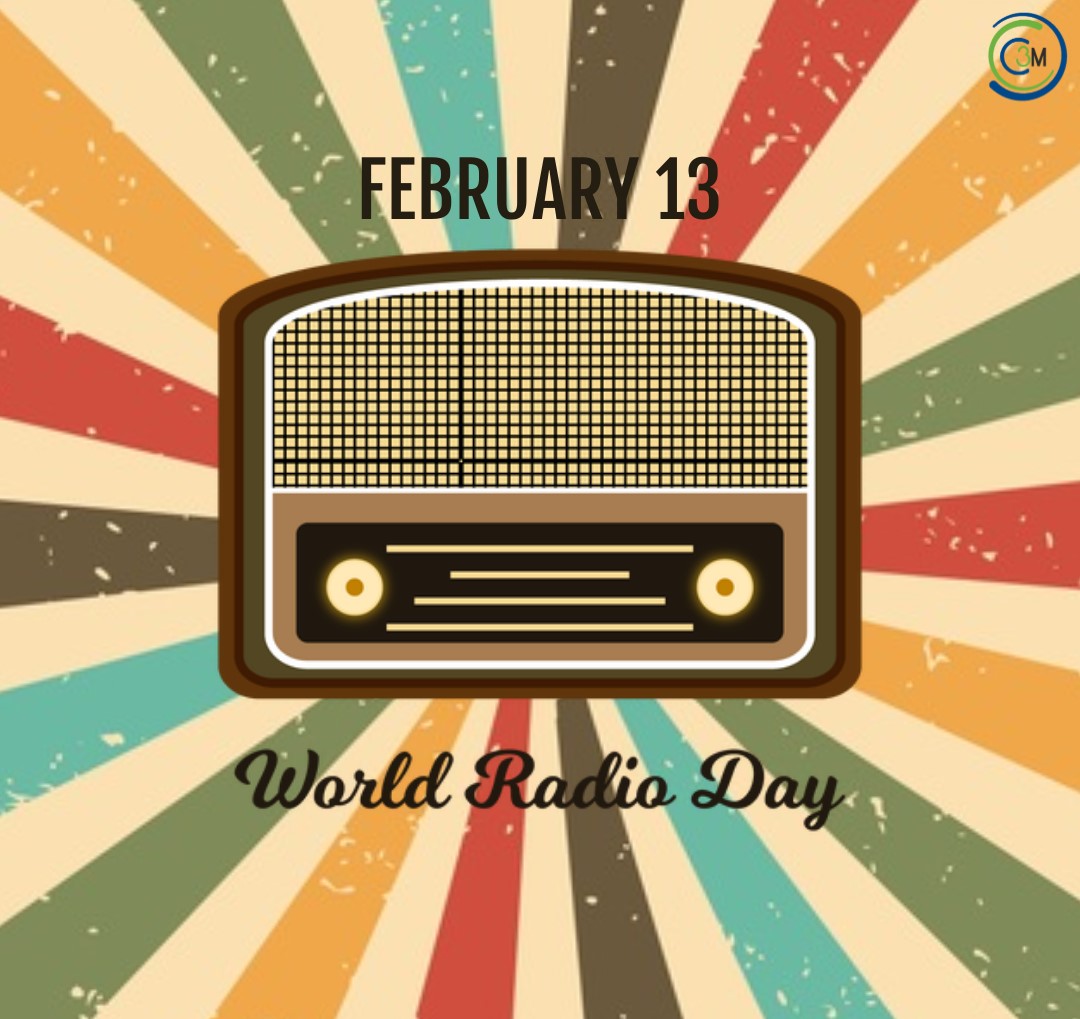International Mother Language Day 2023
Every year on February 21st, International Mother Language Day is celebrate around the world to recognize the importance of linguistic and cultural diversity. The day was first declared by UNESCO in 1999 to promote linguistic and cultural diversity, and to encourage the use of mother tongues in education. The theme of this year’s International Mother Language Day is “Fostering linguistic diversity and multilingualism for an inclusive society”.
In today’s world, there are over 7,000 languages spoken. Each with its own unique history, culture, and way of expressing meaning. However, despite this rich diversity, many languages and cultures are in danger of disappearing. It is estimated that nearly half of the world’s languages may be extinct by the end of this century.
The Importance of Mother Language
It is widely recognize that learning one’s mother tongue is essential for cognitive, emotional, and social development. Children who learn their mother tongue first have an easier time learning other languages and do better in school. They also have a stronger sense of identity and cultural heritage, which can contribute to overall well-being and self-esteem.
Furthermore, mother tongues are also an important medium for transmitting culture and knowledge from one generation to the next. They are also a key means of communication in communities and can play a vital role in maintaining social cohesion.
Promoting Linguistic Diversity in Education
Despite the acknowledge importance of mother tongues, they are often undervalue and under-supported in education. Many schools around the world place an emphasis on teaching in the dominant language, often to the detriment of students’ mother tongues.
This is not only a disservice to the students themselves but also to society as a whole. When languages and cultures are not value and supported, communities can become fragmented, and social cohesion can be weakened.
On International Mother Language Day, UNESCO calls on governments, educators, and communities to recognize the importance of mother tongues in education and to make sure that children have access to education in their mother tongue.
Mother Language in the Digital Age
In today’s digital age, mother tongues are also at risk of being left behind as the internet and social media are dominated by a few dominant languages. This can further marginalize communities and lead to a loss of linguistic diversity online.
However, there are also many efforts to promote mother tongues online and to make sure that they are represent and accessible on the internet. Some organizations are working on building mother-tongue-based multilingual education platforms and developing online dictionaries, and thesauruses to help preserve and promote endangered languages.
Conclusion
International Mother Language Day is a reminder of the importance of linguistic and cultural diversity and the need to support and celebrate mother tongues. By promoting mother tongues in education and online, we can help to preserve linguistic diversity and strengthen communities. By valuing and supporting mother tongues, we can create a more inclusive and harmonious society. It’s a call to action for all of us to do something positive to support language diversity and multilingualism.
International Mother Language Day
Earth is our mother and the languages spoken are the mother tongue of someone according to their geographical habitat. The entitlement ‘mother tongue’ is basically a person’s native language that they have learned from their birth. In different countries, this term is also recognizable as first, dominant, home, or ethnic tongue. People speak approximately 7000 dialects all over the world. But as the days are passing several dialects are disappearing and getting extinct in thin air. Therefore, the safeguarding of the native tongue is like preserving the art, culture, and traditional values.
History of International Mother Language Day
After the India-Pakistan partition in 1947, Bangladesh was a part of Pakistan. Bangladesh was East-Pakistan and Pakistan was West-Pakistan. In the year 1948, the Government of Pakistan announced Urdu as their National Language. However, Bengali was the language that speaks the majority of the people.
This incident created an urge of angst among the people of East Pakistan. In the year 1952, the mass processed rallies and hold public meetings. This made the Government pass the petition to stop the chaos but the masses outlawed it. Unfortunately, on 21st February 1952, the police opened the fire which resulted in five deaths and hundreds of causalities.
In the year 1998, Rafiqul Islam and Abdus Salam wrote a letter to Kofi Anna (the seventh G.S of UN). They proposed to save the native languages from getting extinct. Later, in the year 1999 UNESCO announced 21st February as INTERNATIONAL MOTHER LANGUAGE DAY.
Significance of International Mother Language Day
It is universally knew that several countries are multilingual as well as bilingual even. It varies from intellectual country to country according to the geographical culture.
International Mother Language Day is a celebratory occasion to promote diversity, free education, and free expression of education on multilingualism. The day encourages everyone to raise awareness about different traditional and ecological values.
Unknown Facts about International Mother Language Day
- In a study, it was found every two weeks one of the languages gets extinct with its culture and legacy.
- There is no precise number of languages spoken but there are at approx. 5000-7000 languages.
- On average 40% of the population speak or understand the language they know however they don’t have access to education.
- Africa, India, South America, and Southeast Asia speak the majority of the world’s language.
- Though, English is the majority speaking the official language in the world that makes it a threat to other linguistic diversity.
- The countries like Indonesia, India, Mexico, Nigeria, and Papua New Guinea have more official recognition in languages.
- 40% of the most common languages spoken by the population are Arabic, Bengali, English, Hindi, Mandarin, Portuguese, Russia, and Spanish.
Final Words
The theme for 2021 is ‘Fostering Multilingualism for Inclusion in Education and Society’. The theme points toward acknowledging the fact that just embracing the different mother tongues will bring harmony between us. The multilingual atmosphere in society will not only bring wisdom to a different identity. But it will also bring empathy within us and make us a better person of our own kind.
Mother tongue plays a principal role and helps us in developing skills to understand our own languages efficiently. It is an important tool in human evolution & education that gets us close to different cultural values.
World Radio Day
Radio is a kind of an infinite existence till now. The infinity that has ruled over the past, ruling the present, and will rule the eternity future. It has been an integral part of our daily life with significance. We have used it as an entertainment, information provider, and re-creator of the purposes.
A Look Back At The Discovery
Radio is an electromagnetic wave of frequency technology. With the invention of the telephone and the telegraph, the inclusion of radio discovery created a buzz in that era. The wireless instrument created a sensation and speculation all around.
German physicist Heinrich HertzIn the year 1886 first studied and tested radio waves. However, later the practical radio frequency was transmitted and received an Italian named Guglielmo Marconi into years 1895-1986. Thus, radio was generally build as a commercial technology used around the year 1900.
ITSY – BITSY About The Existence
Though radio has tranced our lives with emotions. But we rarely appreciated its value and existence. While, Jorge Alvarez approached UNESCO to celebrate the World Radio Day globally. He was the Chairman of the institution of The Spanish Academy of Radio Arts & Science (also known as Academia Espanola de la Radio).
Mr. Alvarez convinced the members of UNESCO in 2008 to observe the services and recognize the work of radio. Radio has helped billions to spread peace, information on world news and situations as well as entertain us.
Thus, they acknowledged and designated the Spanish proposal. It was on 13th February 2011, UNESCO acknowledged radio to be a celebratory World Radio Day (WRD). In the year 2014, United Nations indorsed it as a thematic ‘occasional day.’
The Theme Of WRD For The Year 2021
The radio will be 110 years old. This year, UNESCO decided to keep the edition of WRD divided into three sub-themes – ‘Evolution, Innovation & Connection!
Evolution- The world has changed and there has been an evolution of radio. The term totally defines the resilience of the radio and the sustainability it has adapted itself.
Innovation –With the constant changes happening around the world, radio not only adapted rather has innovated itself even. It has innovated itself into new technologies like medium with mobility. This made radio to be accessible to everyone and everywhere.
Connection -With the change in the world, radio has made us all connected. This sub-theme highlights the services to our society like epidemics, socio-economic crises, and natural disasters.
Top Unknown Facts About Radio
- The radio is a wireless technology with no wires attached, thus making it known as a wireless-telegraphy tool.
- Also, the word broadcasting was originally took from the agricultural term that meant scattering of seeds.
- James Clark Maxwell was the first person to predict the existence of radio waves in the 1860s.
- The personalities named Nikola Tesla, Oliver Lodge, and Heinrich Hertz claim to invent the radio transmission before Marconi.
- Marconi won Nobel Prize for ‘wireless telegraphy’ technology in the year 1909.
- In 1903, Marconi validated President Roosevelt to send a radio message to Edward VII.
- The UK Government introduced a radio license of 10shillings in the year 1922.
- In the year 1922 to 1971, UK people could listen to the radio without having a license.
Conclusion
The main and the solitary purpose of World Radio Day (WRD) is to insist the world leaders support the medium of broadcasting. The medium to spread awareness and values and thoughtfulness of democracy around the world. However, the acknowledgment of the services provided by radio spreading awareness, entertainment, news information, and updates.









